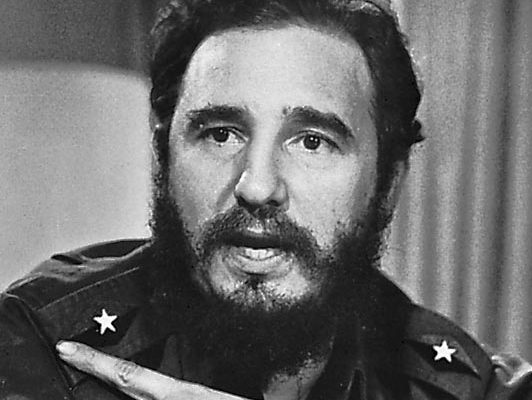Cuba has begun nine days of mourning following the death of revolutionary leader Fidel Castro. The passing of the 90-year-old former president was announced by his brother, Resident Raul Castro, in a televised statement on Friday night but did not disclose the cause of his death. All planned activities and public performances have been called off, the flag will be flown at half-staff in public and military establishments, and radio and television will broadcast patriotic and historical programming, as the country mourns. Castro’s remains were cremated, and his ashes will be taken around Cuba from tomorrow, until a state funeral in the south-eastern city of Santiago de Cuba next Sunday. Diplomatic officials said foreign dignitaries will arrive by Tuesday for a memorial service to be held in Revolution Square that evening. Castro came to power in 1959 and ushered in a Communist revolution, defying the US for decades. The US cut ties with Cuba two years later and imposed an economic embargo which largely remains in place. Under President Barack Obama, the relationship warmed and diplomatic ties were restored last year. Castro’s death has been met with mixed reaction. US President Elect Donald Trump, in a statement issued hours after Castro’s death, condemned him as “a brutal dictator who oppressed his own people for nearly six decades.” Trump said “Fidel Castro’s legacy is one of firing squads, theft, unimaginable suffering, poverty and the denial of fundamental human rights.” Trump has pledged to roll back the Obama administration’s diplomatic opening to Cuba.



